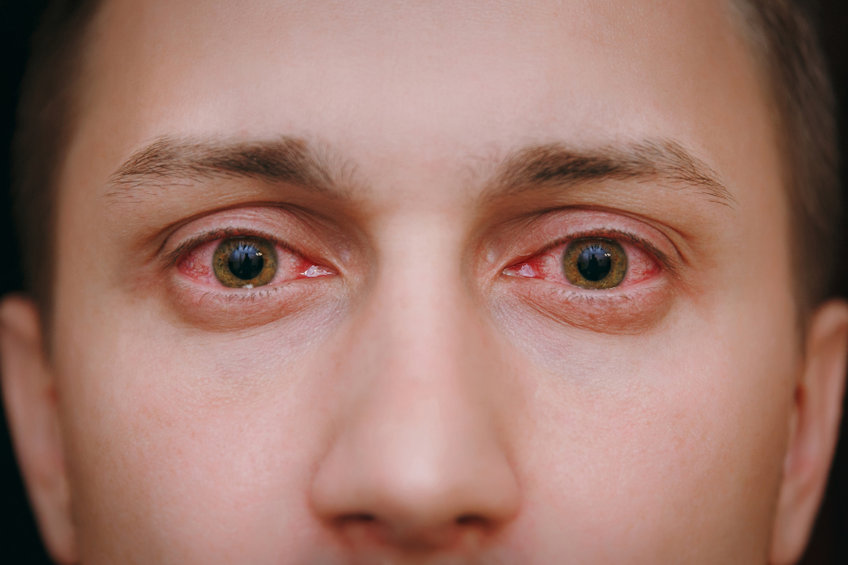The thyroid is a gland located in the neck, just above the collarbone, and is responsible for the production of hormones that regulate activities in the body such as metabolism and development. One of the hormones produced in the thyroid is called Thyroxine. For our bodies to function properly, we need the levels of these hormones to be controlled and balanced. Too much or too little, and the body can react severely, causing negative side effects and long-term consequences.
One of the possible imbalances that can occur in the thyroid is an excess of thyroxine. A condition known as Grave’s disease is an autoimmune disorder affecting the thyroid gland. In Grave’s, antibodies directed toward the thyroid stimulate production of thyroxine, causing too much to circulate in the bloodstream. Symptoms of Grave’s disease include, but are not limited to, rapid heartbeat, weight loss, anxiety, increased heat sensitivity, and difficulty sleeping. In some cases, Grave’s disease can also cause changes in the eyes; this is called Grave’s ophthalmopathy or thyroid eye disease (TED).
TED occurs when certain antibodies affect structures around the eyes, causing the muscles to swell, and fat within the eye socket to expand. As there is limited space within the eye socket, expansion of the surrounding tissues can cause the eyes to bulge outward. This bulging appearance is one of the hallmarks of TED. If the disease is allowed to progress, symptoms may evolve to include double vision, and in rare cases, loss of vision. The progression of eye involvement usually occurs as follows:
- No signs or symptoms
- Only signs, no symptoms (mild stare appearance)
- Soft tissue involvement including swelling of surrounding structures
- Proptosis (bulging eyes)
- Eye muscle problems possibly causing double vision
- Corneal drying and ulceration
- Sight loss from compression of the optic nerve
Although severe cases are rare, it is important to have a thorough assessment of both eye and systemic health if thyroid dysfunction is suspected. Although Grave’s is most commonly associated with increased levels of thyroxine, it can occur in people with normal, or even low thyroid function as well.
Conservative management for TED includes topical lubricating drops to treat symptoms of dry eye, prisms for eye alignment problems, smoking cessation, over the counter medications, and other lifestyle modifications. In patients with thyroid dysfunction, treatment is aimed at normalizing the amount of thyroid hormone circulating in the blood. This can be achieved with medication, radiation, and/or surgery. Severe cases of TED are rare, affecting less than 5% of people affected, and treatment is usually very effective in preventing any long-term consequences one may experience from TED. For more information, talk to your doctor, and see the links below.
References:












